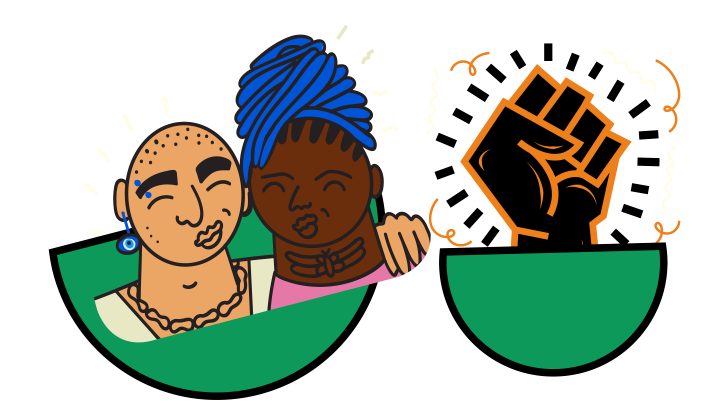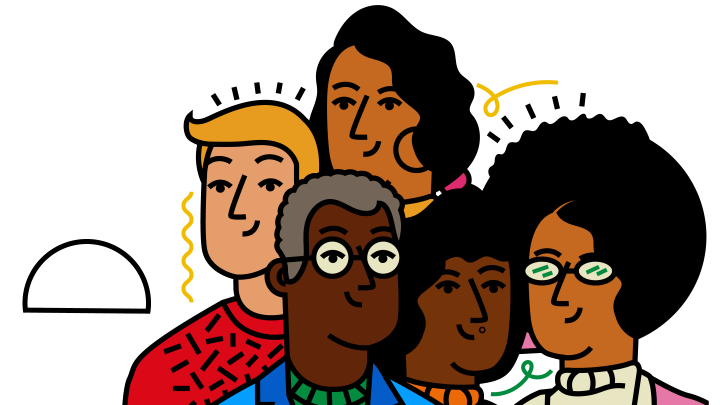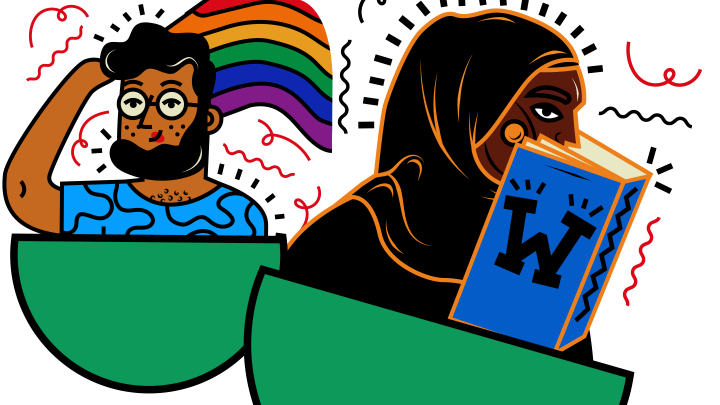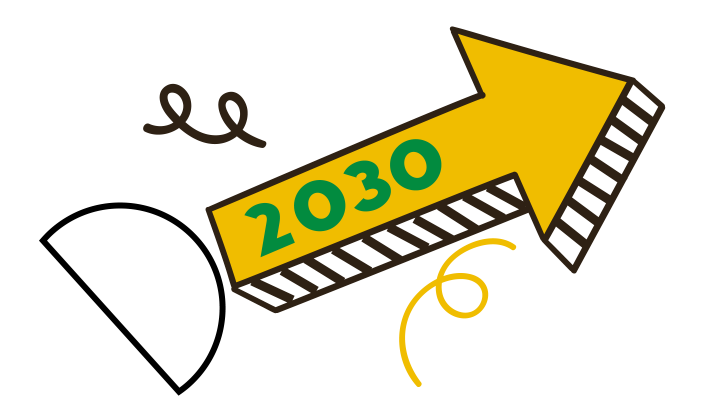Editorial
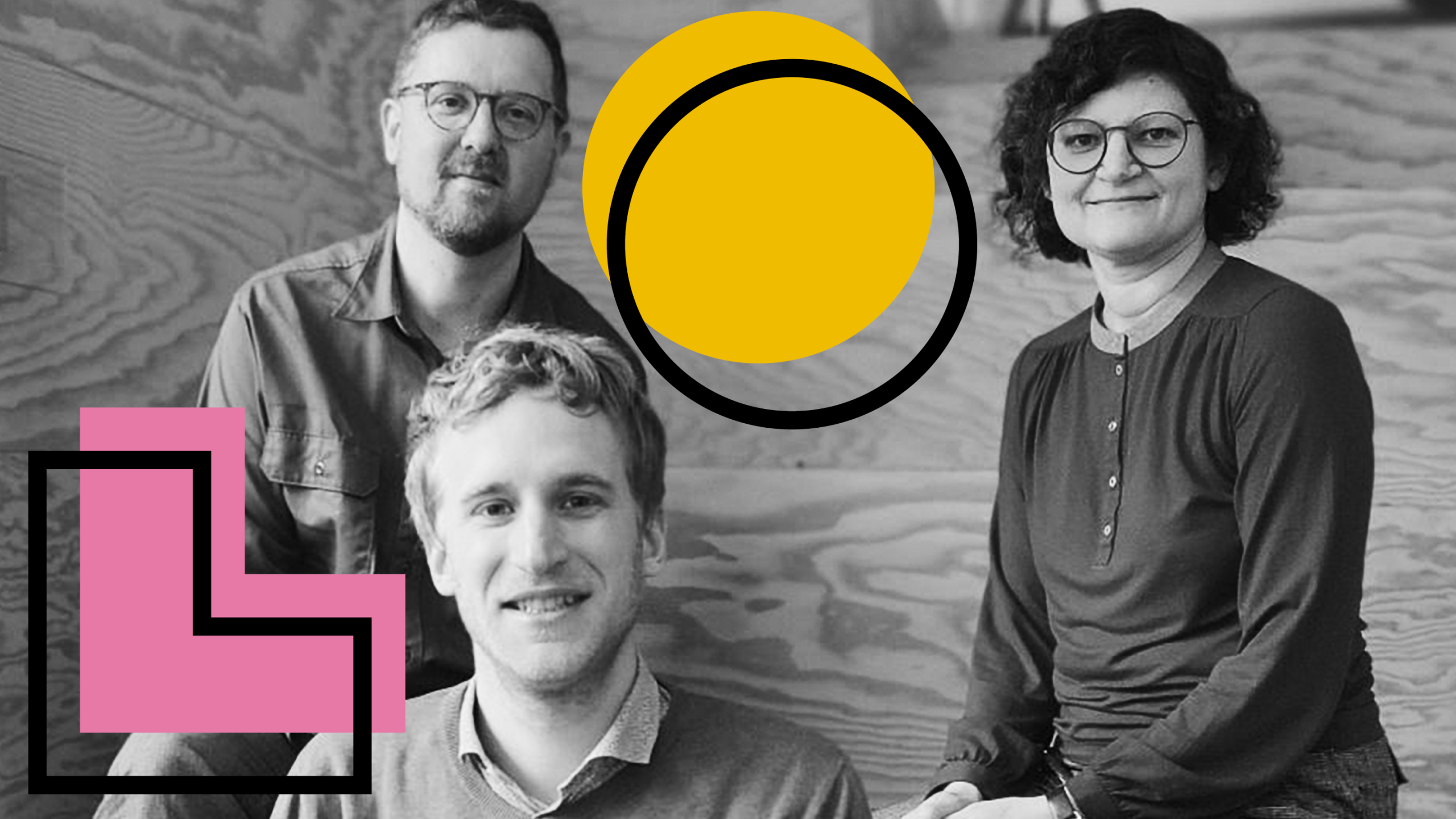
Dear Friends of Free Knowledge,
We don’t need to remind ourselves of the value of a free Internet where everyone can participate and share their knowledge. Nevertheless, there are moments when we too become particularly aware of the importance of access to reliable information once again. While volunteers around the world are documenting the Russian war of aggression and are securing sources and facts, Wikipedia is once more threatened to be blocked by the Russian media regulator. In Ukraine, Russia, Belarus (and in many other war and crisis regions around the world) Wikipedians risk their freedom by working on the encyclopedia. Our solidarity and support goes out to them.
We cannot and will not hide the dislocations of the present, even in a report that looks back on 2021 – with a series of milestones showcasing our efforts to liberate as much knowledge as possible and ensure greater knowledge equity, as it is embodied in our Movement Strategy.
At the first hybrid general assembly of Wikimedia Deutschland e. V. in Kassel in September 2021, the principles of our strategic direction – justice, participation, subsidiarity, empowerment, and inclusion – were once again reaffirmed. It was also decided to adapt Wikimedia’s long-standing practice of communicating in a gender-sensitive manner to the association’s statutes and bylaws. We also see this as a small contribution to the fight against inequality and marginalization, together with our new event series “Knowledge. Power. Justice.” that we have run since 2021 in cooperation with Deutschlandfunk Kultur.
2021 was a special year in several respects: In March, we celebrated the 20th birthday of the German-language Wikipedia together with the community in a big action week; in addition, the federal elections were coming up in Germany, combined with the hope for a new start in data policy. At our general assembly, demands to the new government and the new Bundestag were passed with a clear majority. Quite a few of these – for example, a legal right to open data – can be found in the coalition agreement of the “traffic light” government and are now waiting to be implemented.
Of course, this process needs our critical eye to support it. Many of our demands for transparency and free access to knowledge have not been met yet.
We advocate for open data in order to finally gain greater insight into the pandemic. Together with Médecins Sans Frontières and other civil society organizations, we are campaigning for Germany to agree to a patent relaxation for vaccines. We demand that government-commissioned reports are published by default, rather than being leaked to the press.
All these examples show how important a data policy is that serves the public good and how important it is to support our efforts to achieve it. We are all the more pleased that Wikimedia e. V. has welcomed its 100,000th member. Together with the many donors, this means that more than half a million people have supported us in 2021. We would like to express our gratitude to all our members, supporters and, of course the volunteers in our communities. Each and every one of you contributes to promoting Free Knowledge and to putting disinformation in its place.
We hope you enjoy reading our annual report!
Yours
Christian Humborg
Executive Director
Lukas Mezger
Chair of the Supervisory Board
Franziska Heine
Deputy Executive Director
At this point, we would like to introduce the new leadership team of Wikimedia Deutschland. On June 1, 2021, Christian Humborg succeeded Abraham Taherivand as the new Executive Director, with Franziska Heine as Deputy Executive Director.
Franziska Heine has been Head of Software Development at Wikimedia Deutschland since 2017. Before that, she was the initiator of a successful online petition against the regulation on blocking Internet content in Germany through the Access Impediment Act (“Zensursula”) that was planned in 2009. Christian Humborg has been Deputy Executive Director and Head of Finance at Wikimedia Deutschland since 2016. Before that, he was Managing Director of Transparency International Deutschland and Correctiv, and also co-initiated the transparency portal fragdenstaat.de.

